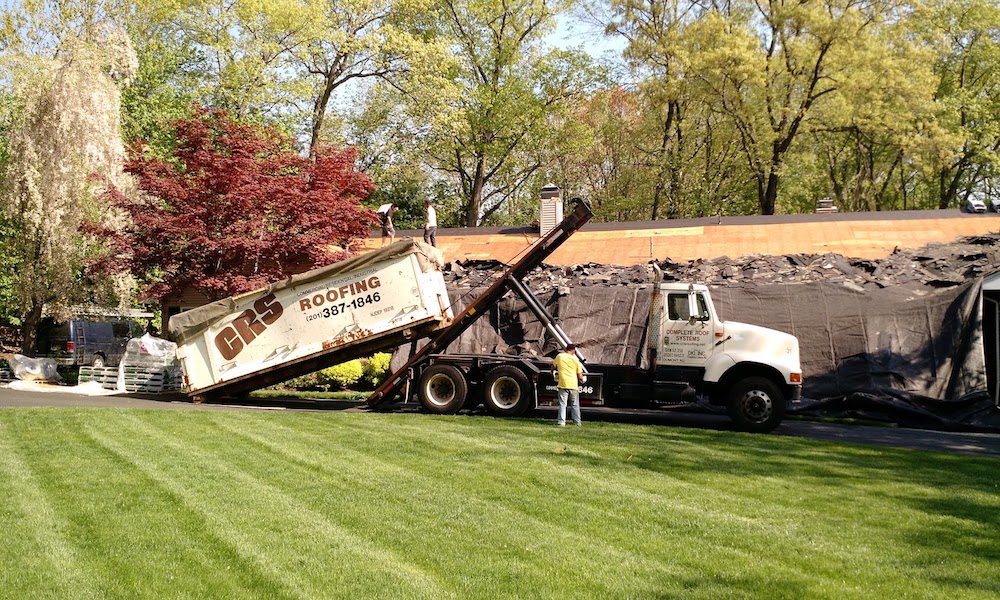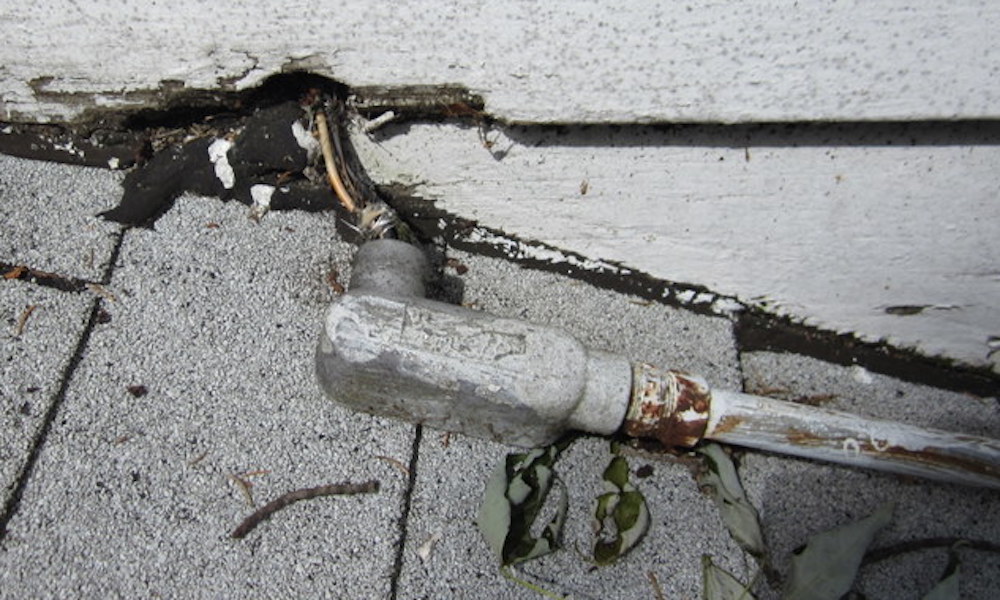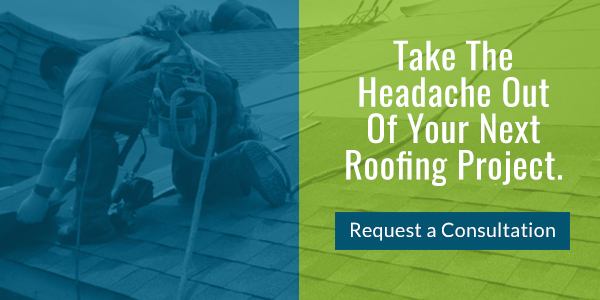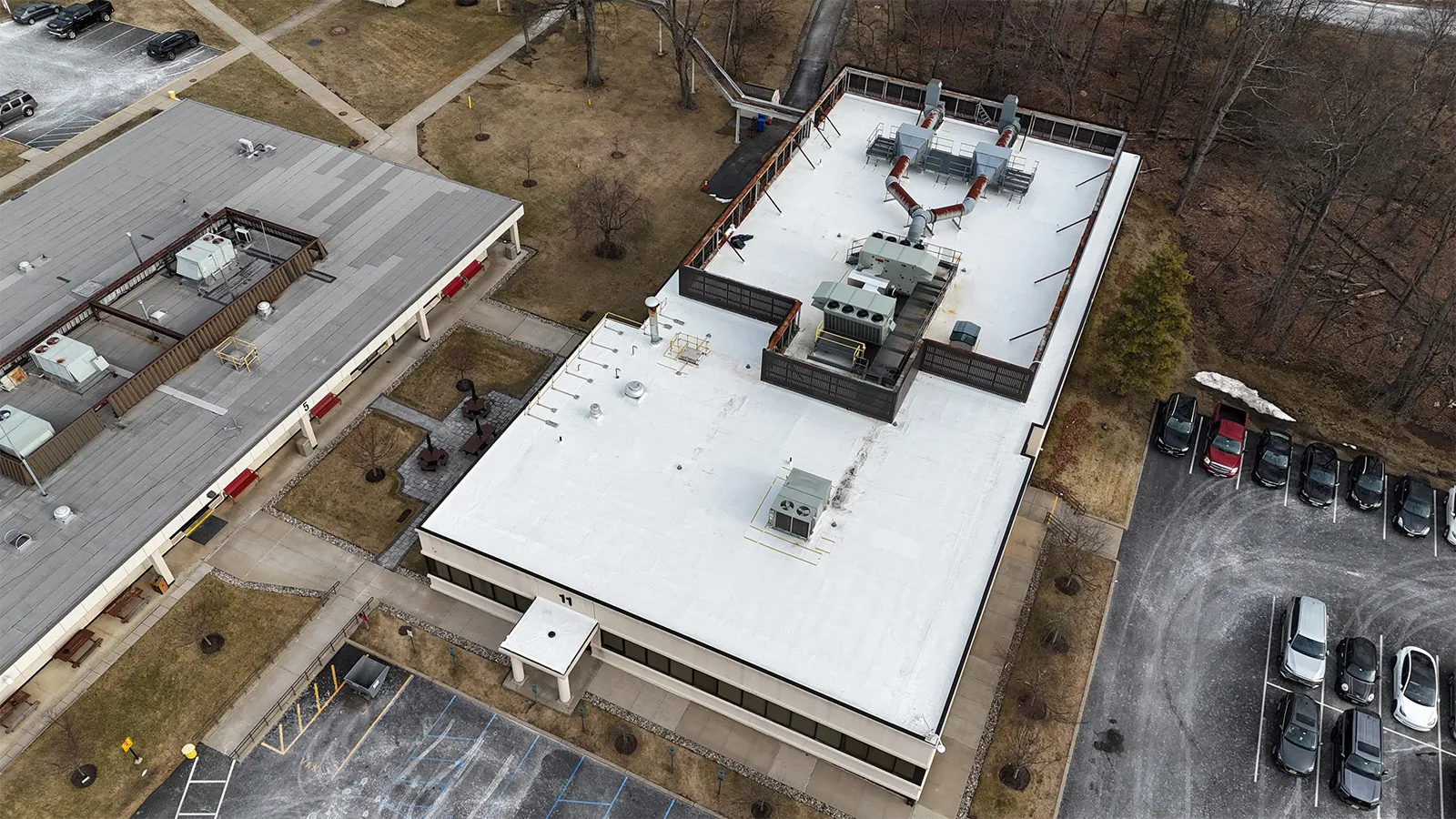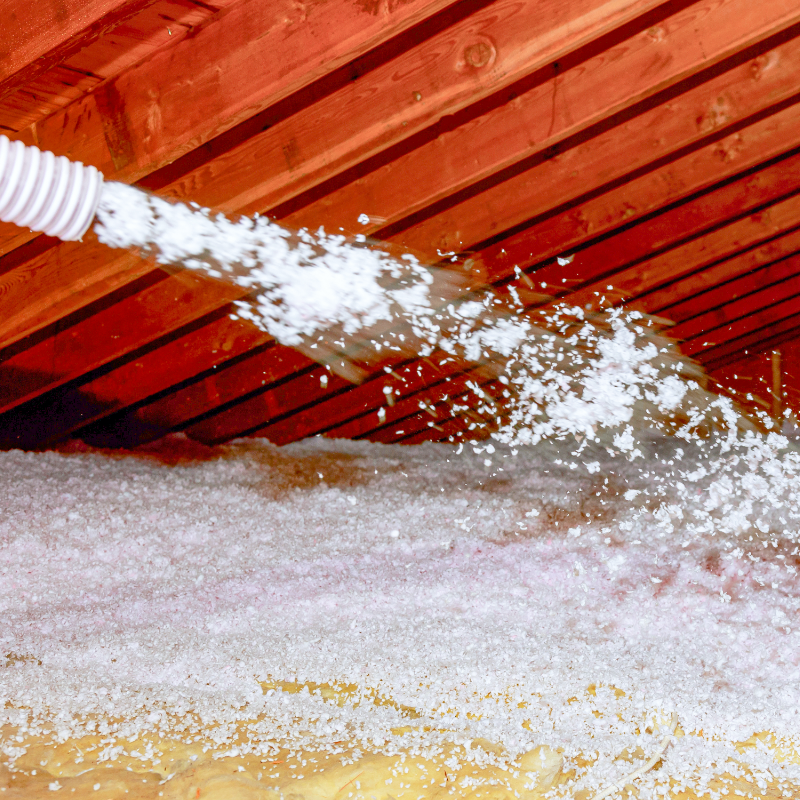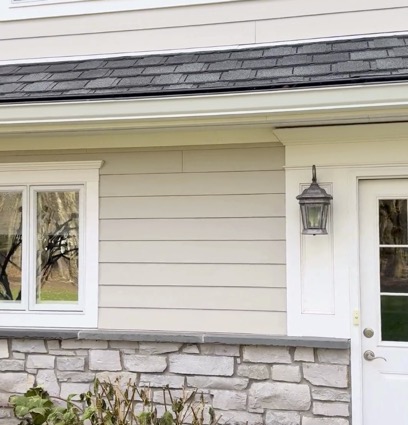Although a do-it-yourselfer can tackle many repairs and projects around the home, roof work is an entirely different undertaking. A homeowner that’s handy around the house may try to complete a roof project without thinking through the implications. Using a professional to execute a roofing project is always a smarter way to execute it in a safe and efficient manner.
Roofing Companies vs. DIY
For numerous reasons, using a home roofing company in Bergen County NJ is better than DIY. At best, the do-it-yourselfer may save some money. More often, however, inefficiencies from lack of experience, safety issues and a potential loss of warranty coverage make it a poor proposition.
Safety concerns
The obvious problem with DIY roofing is safety. Safely walking on pitched roofs requires real skill. Slippery patches of moss and other organic growth are another concern. The potential pitfalls of working on your own roof extend well beyond either falling off a ladder or the roof.
Do-it-yourself projects require an investment in proper safety equipment, including a safety harness, roof anchor, rope, and lanyard. A homeowner working on a roof needs to learn how to safely anchor the rig and to repeatedly reposition it. An improperly anchored safety harness is dangerous.
Although a successfully deployed harness limits slip-and-fall accidents, there are other safety concerns as well. The older your home, the riskier DIY roof work gets, in part because older roofs are often more steeply pitched. Regardless of age, a steeper roof often requires the use of roof scaffolding consisting of properly positioned roof jacks and planks. Putting such scaffolding in place requires special skills.
In addition to roof jacks, roofing contractors invest in other types of specialized equipment that allow for the safe and efficient completion of roofing projects. DIYers either rent such equipment, or they face the prospect of relying on more time-intensive techniques.
In general, the most that homeowners should contemplate is cleaning their own gutters. However, even that task carries undue risk at many residences, particularly those with multiple levels.
Knowledge of the best materials
How do you know that you are selecting the best roofing products for a given application? There are many decisions to make regarding the brand and style of shingles, underlayment, and other roof components. An experienced roofer can draw from the experience of doing many roof replacements, including roofs similar to yours. Such a roofer might make the right decisions in minutes, while it might take the homeowner many hours to do all the research.
One example is the ice barrier. An experienced, knowledgeable roofer will know which ice barriers are best, and where they should be used to minimize potential leaks caused by ice dams.
New roofing products hit the market all the time. A roofing contractor’s knowledge about the latest products might very well produce a roof that performs better and lasts longer.
Since contractors make volume purchases of roofing supplies, they often qualify for professional discounts. The do-it-yourselfer does not have this kind of buying power at the local home improvement store.
Access to the best warranties
Needless to say, a new roof is a long-term investment. Should materials or workmanship prove defective years from now, the right manufacturer’s warranty might save you thousands of dollars.
Top roofing manufacturers only offer their best warranties through contractors they have certified. The reason for this is clear: manufacturers are far more confident that their roofing products will be properly installed by roofers they can trust.
For example, GAF offers its best warranties through its network of Master Elite certified contractors. A do-it-yourself homeowner only qualifies for more basic warranties.
Finally, DIY roof repairs can void manufacturers’ warranties. For example, a roof that is installed by a professional roofer qualified for a top-notch manufacturer’s warranty. A homeowner who attempts a repair may actually void that warranty.
Licensing and insurance
The state of New Jersey requires that home improvement contractors be licensed. The state’s definition of a home improvement contractor is very broad. It is any individual or company “involved in repairing, renovating, modernizing, installing, replacing, improving, restoring, painting, constructing, remodeling, moving, or demolishing residential or non-commercial properties.”
The licensing process helps to ensure that a roofing company complies with relevant laws and regulations. For example, licensed contractors must carry liability insurance and workers compensation insurance. Since there is no such insurance to cover a DIY accident, a claim would often be made against the homeowner’s policy that covers the property. While roofing contractors typically carry about $1 million worth of liability insurance, CRS carries more than ten times that amount.
Diagnostic skills
A certified roof inspector possesses a unique skill set that allows for successful diagnosis of roofing issues. For example, since water often travels laterally, leak detection is not always that simple. That telltale water spot in the corner of your room may be far from the source of the leak.
Even when the source of the leak is properly identified, there is a need for a successful repair. An experienced roofer knows how to perform a repair so the chance of the problem returning is minimized.
Contact CRS Today
When you are looking for the right home roofing company in Bergen County NJ, consider CRS. For more than four decades, we’ve delivered the best roofing solutions to thousands of homeowners in New Jersey.
Our status as a GAF Master Elite contractor makes it possible for us to offer the best warranties in the business. We would welcome the opportunity to assess your roofing needs and to offer you the roofing services you need. To schedule a visit with our certified roof inspector, please contact us today!

